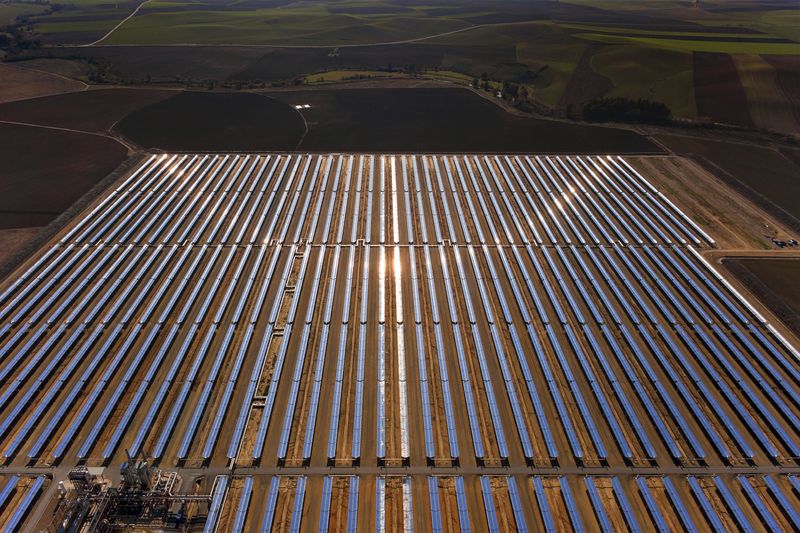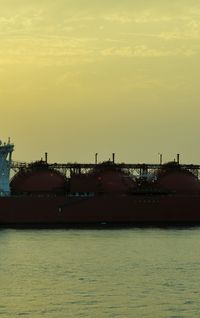The development of the corporate power purchase agreement market in the world's developing markets is starting to take off, with major corporations, global or local, able to secure their supplies at an attractive price. Not all welcome the development but in the long term the moves should ensure corporate and retail customers get a better service. With transmission links still to catch up with renewable supply in developed and developing markets, flexible supply options become paramount.
The corporate power purchase agreement (CPPA) market has been driven by global tech and data companies seeking their own competitively priced, long-term, secure supply with a green flavour to serve their environmental credentials. The US, not surprisingly given it is the world's largest power market, is the most liquid market for CPPAs with around two-thirds of the global market's 30GW of CPPA capacity. But in other large developed markets, CPPAs are becoming commonplace too and have become accepted as creditworthy offtakers for long-term project financings.
Google and Amazon both have CPPAs on the 860MW Moray West offshore wind scheme in the UK. The financing for this scheme is currently in the project finance market with a smorgasbord of offtake options – a 249MW government-backed contract for difference (CfD), 350MW of CPPAs and the rest currently merchant.
The more liquid a market becomes, the more a wider range of options open up – whether in the debt capital markets (DCM) or in the power markets. Power, as a product, can be tailor-made to suit customer requirements via physical or virtual delivery mechanisms. But in the developing world options can be more limited. A primary concern is therefore focused security of supply. Corporations need a guaranteed supply. The Europeans found this out when the Russian gas taps were turned off. Having captive PPAs backing major corporates seems a no-brainer but for those in the local electricity companies, this holds out the prospect of them losing their best customers. Major corporates usually pay the incumbent utilities on time with a decent tariff, whereas collecting subsidised retail bills can be more problematic.
In South Africa, it is the mining and industrial companies that have been pushing for their own power supplies. The first major transaction, a 200MW deal between power producer SOLA Group and miner Tronox, has just been signed and larger deals for Sasol and Air Liquide and for other miners are due.
State utility Eskom has struggled over the last few years with load shedding issues but South Africa has a range of industrial users who need reliable power. It is of strategic, national importance that they get the supplies. Indeed, as described in this week's PFI, Eskom and SOLA are collaborating on the power wheeling deal, which allows power to be supplied from anywhere across the grid.
“The actual kWhs do not flow through the grid from SOLA to Tronox, it is merely an offset transaction where Eskom, as transmission system operator, meters the SOLA generation and Tronox usage and sets off the kWhs generated by SOLA against the Tronox Eskom invoice,” said the law firm on the deal, Allen & Overy.
It has taken some time to get CPPAs into the country. Anglo American, Exarro and Glencore were all bidding in 2015 to develop their own power project, with developers ACWA Power, Marubeni and Engie, in the country, a scheme that eventually did not materialise. The fact that the project was coal fired did not help.
In India, the development of the CPPA market has been struck by regulatory and legal problems "but it will probably come into its own over the next 12 months", said Santosh Janakiram, partner, Cyril Amarchand Mangaldas. During the recent PFI Indian renewable conference he said draft regulations were intended to be protectionist for the incumbent DisComs utilities but, despite that, the C&I market developed anyway.
"Now the government has a couple of other schemes in place that seek to alleviate some of the pain for DisComs... You're not just talking about corporate developers being able to sell green power directly, but also the ability for DisComs to brand green power and sell it directly into the market," said Janakiram.
India, Australia and Taiwan have led the CPPA way in Asia. In this region, whether markets are classified as emerging or developed, economic growth will surely necessitate tailored power solutions. The growth of the tech companies will push the demand further. Indeed, the growth of the data centre markets, where power down for one second can constitute a major disaster, will see corporates demanding more and more their own dedicated supplies.
In Latin America, the CPPA market has moved to back a more basic need – beer. Enel has signed CPPAs with brewers Bavaria in Colombia and Heinken in Mexico. Ambev has hooked up with Engie for 2W in northern Brazil and AB InBev has signed up with Akuo Energy in Dominican Republic. Cheers!










